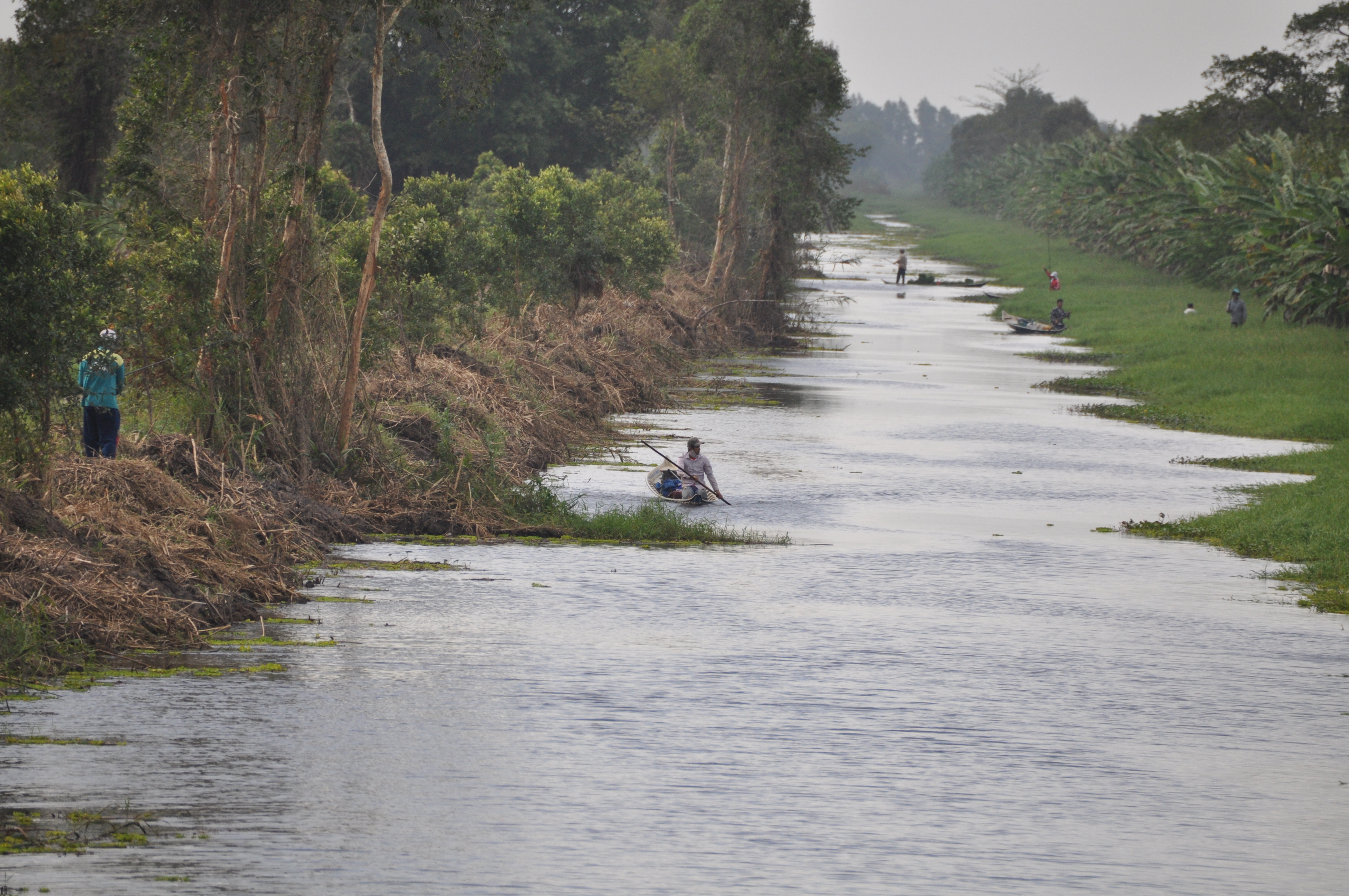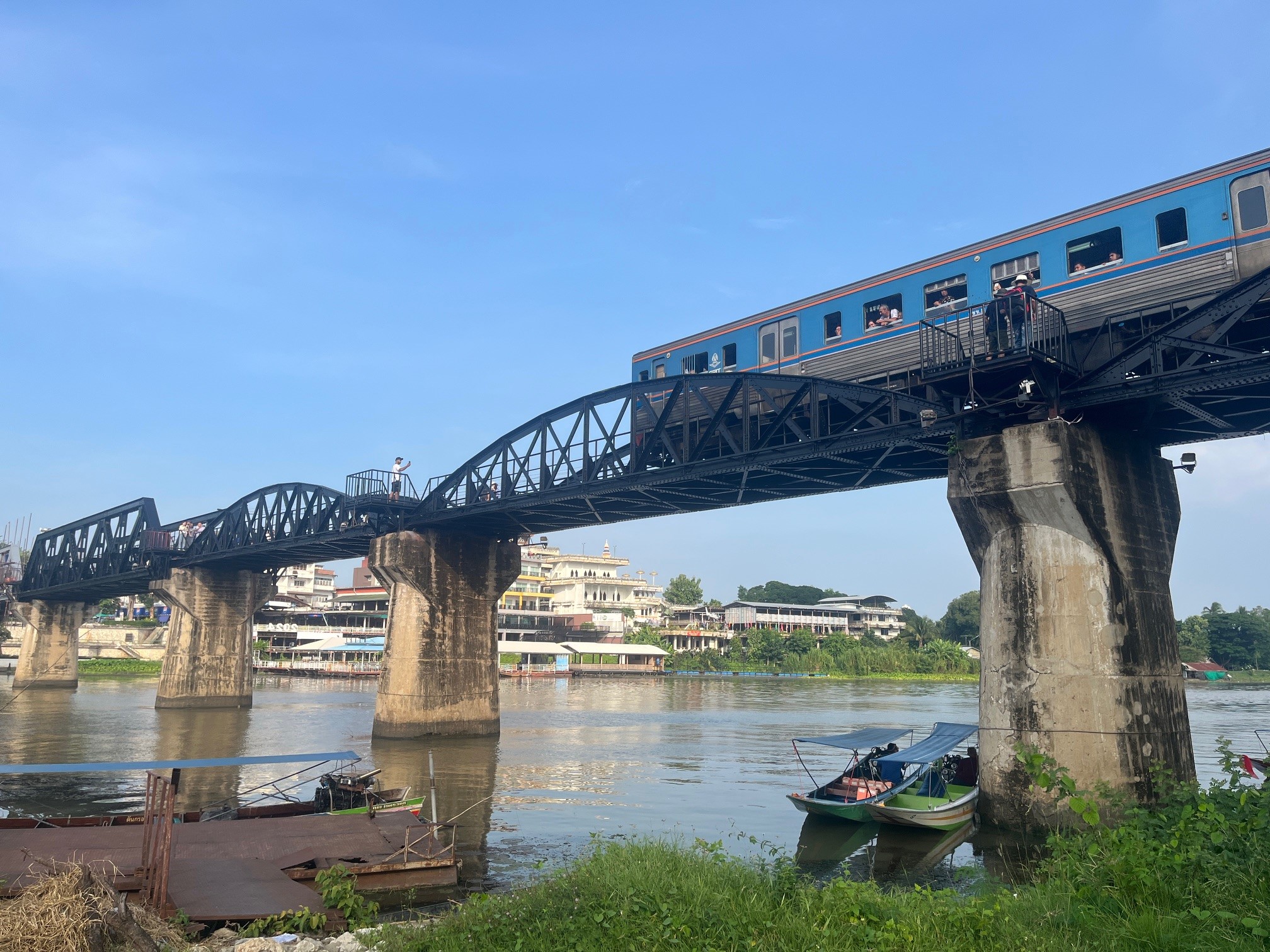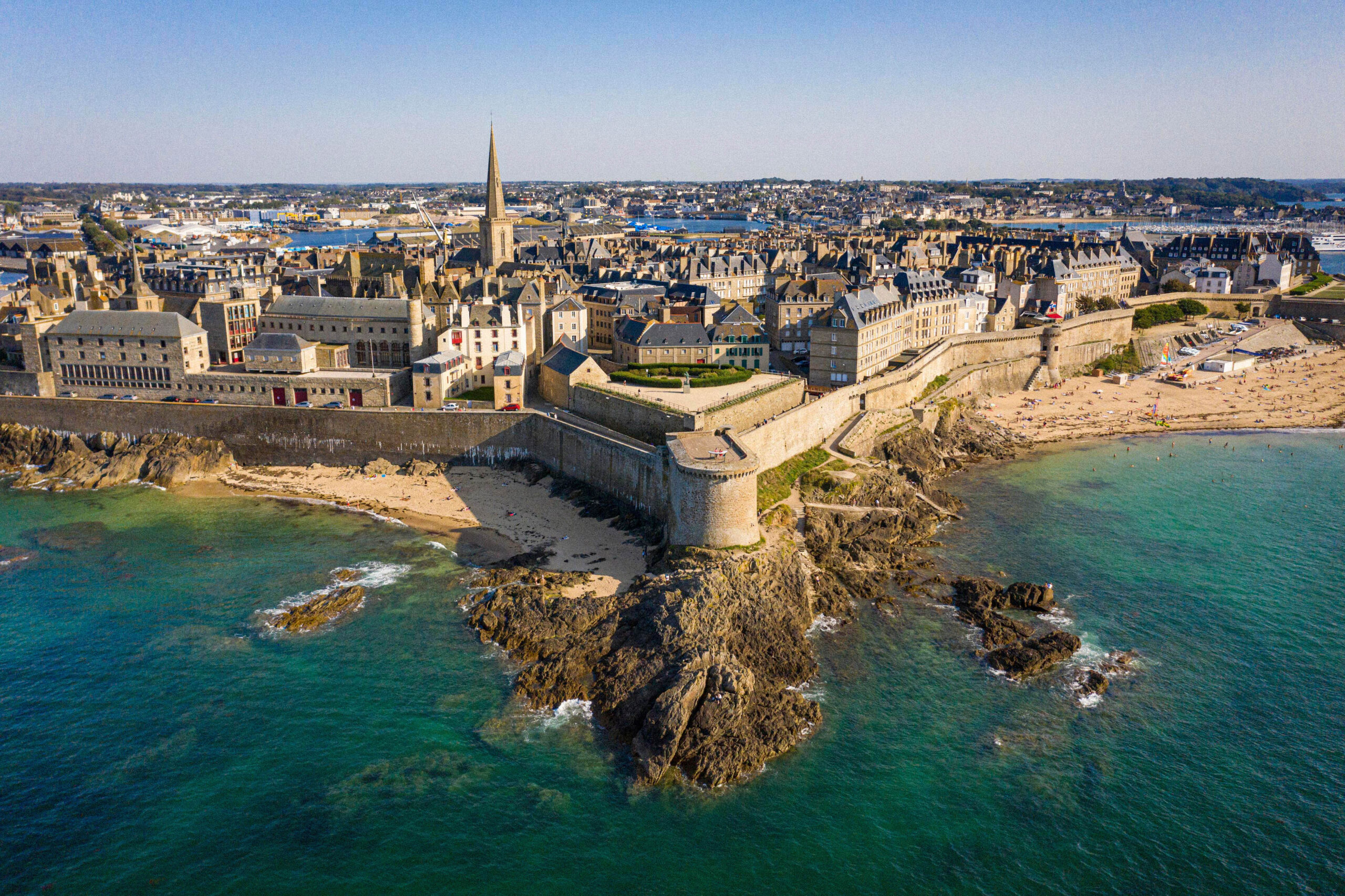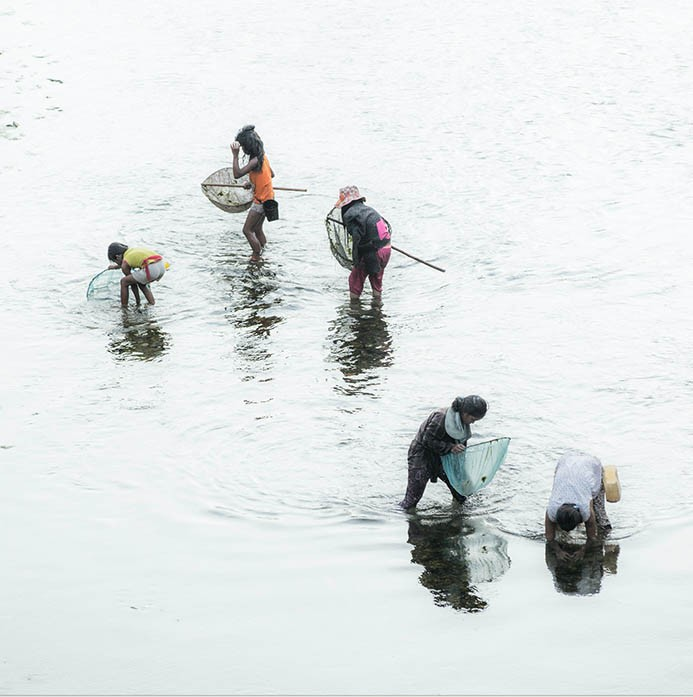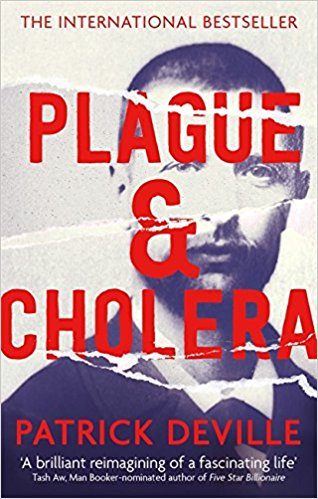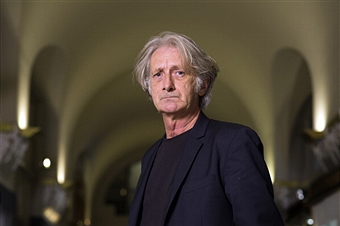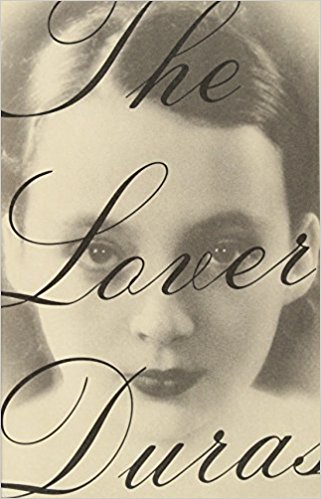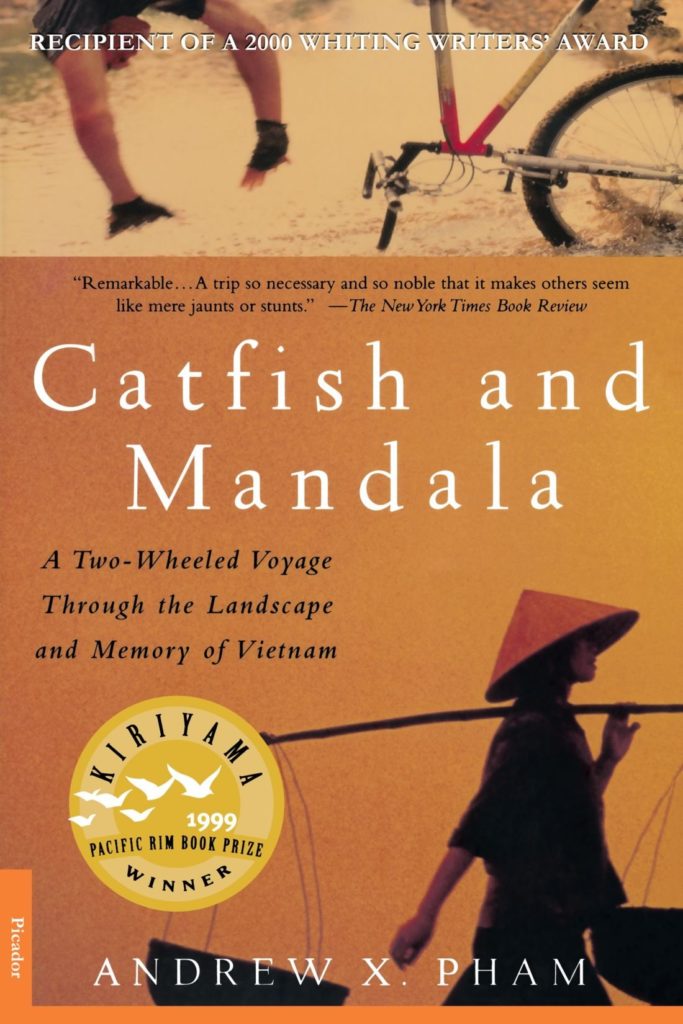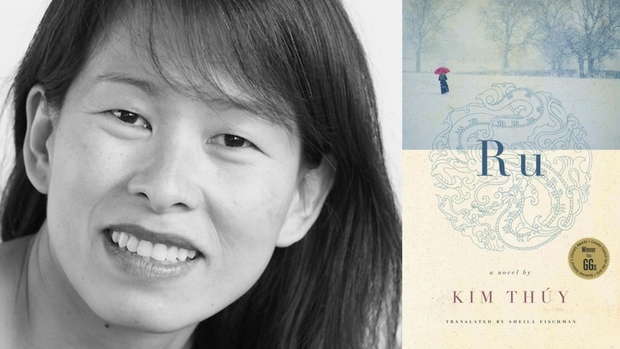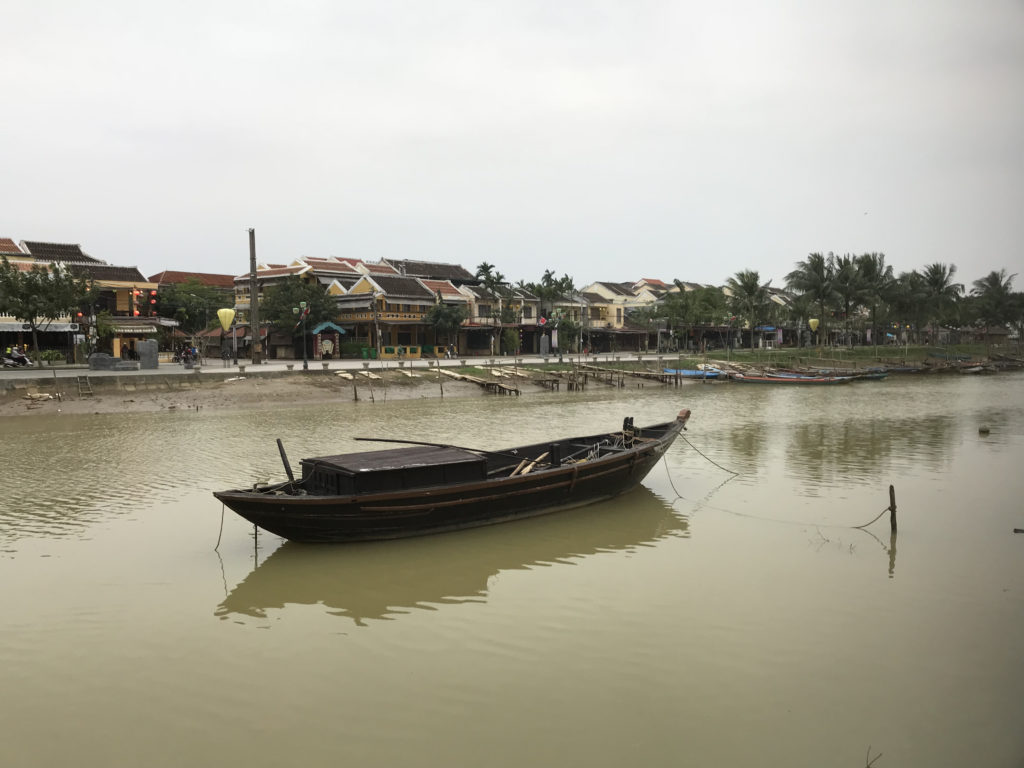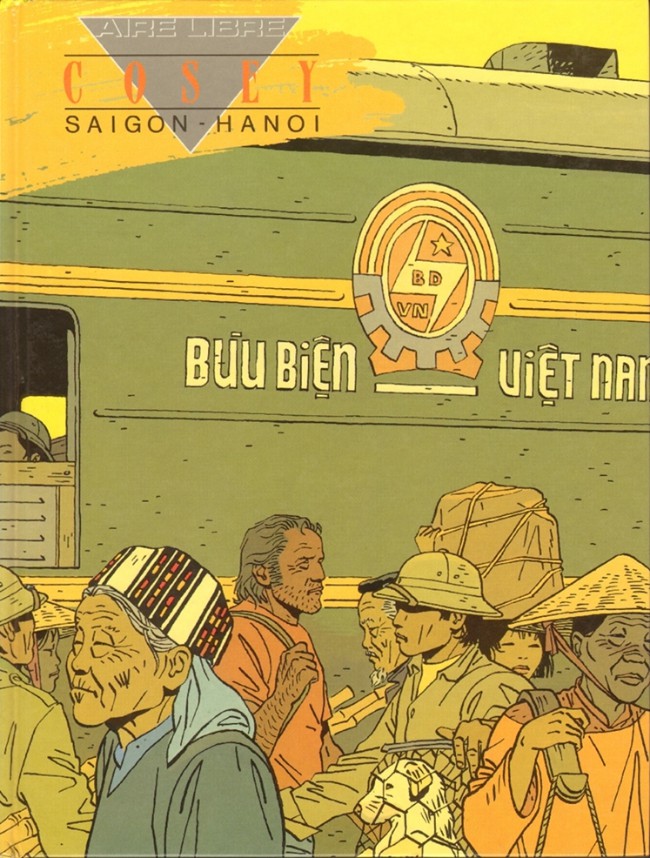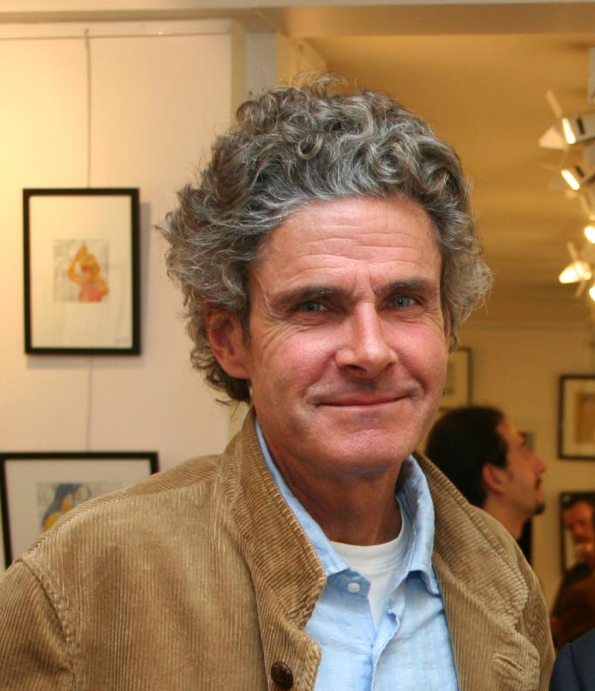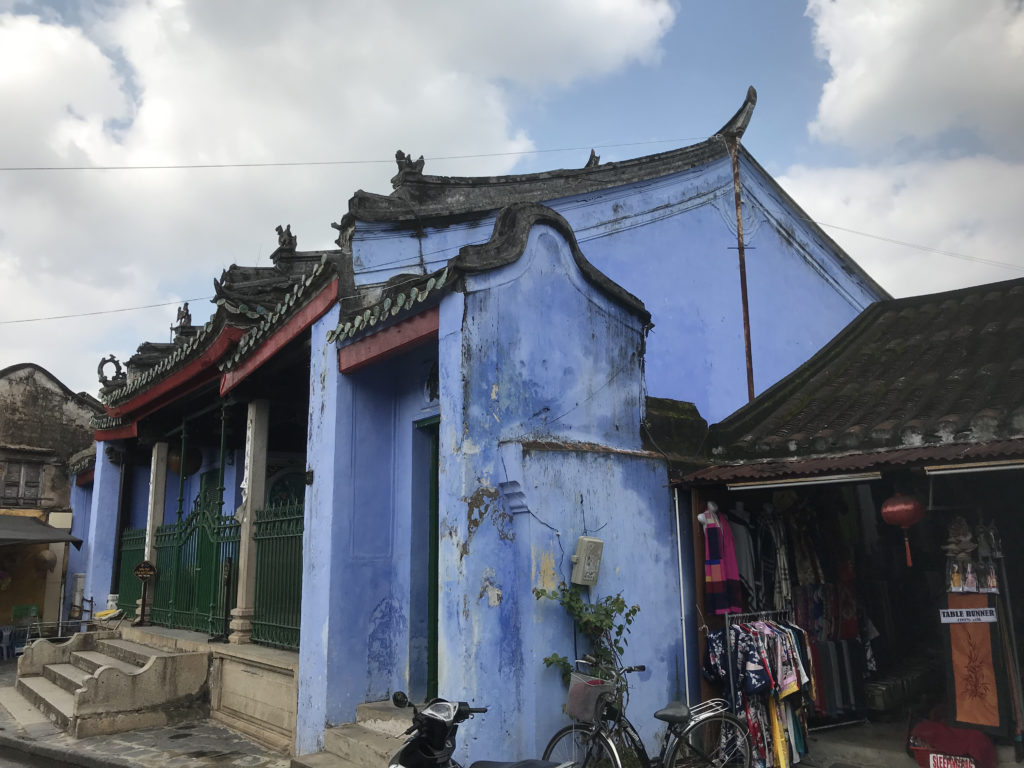I am just back from a wonderful and fascinating family trip in Vietnam. It was a discovery for me so I took the time to read before, during and after the journey. Three wars affected this nation during the 20th century: the Japanese invasion and occupation during World War II, the liberation war against the French colonial power and finally the war that split the country in two and in which the Americans became engulfed. Naturally, they took an overriding place in the literature about Vietnam. It impossible to ignore this role, but I also wanted to read books describing the country outside the conflict periods. I therefore decided to write to posts, the first one, this one about novels not related to the conflicts and a second one, which will follow, about works directly influenced by the war experience. We will see that the distinction is not always easy to do since the wars made such lasting impressions.
« Plague & Cholera (Peste & Cholera)» by French novelist Patrick Deville brilliantly describes Alexandre Yersin’s life. He was one of Louis Pasteur’s disciples who discovered in 1894 the plague bacillus. Even if it was in Hong Kong that Yersin isolated the bacillus which bears his name in Latin (Yersinia pestis), it is in French Indochina that he spent most of his time. He opened branches of the Pasteur Institute, lived in Nha Trang’s bay, opened land roads to Cambodia, launched several agricultural exploitations, including hevea plantations and founded the city of Dalat. He was an amazing character in times when the most renowned scientists were also daredevil explorers.
« The Lover (L’Amant) » by Marguerite Duras is now a classic of French literature. It is the story, in part autobiographical, of a 15-year-old French girl who leaves the Mekong delta and the nearly bankrupt family plantation to go to her boarding school in Saigon. On the road, she meets a rich Chinese man and falls in love with him. The book is famous as a coming of age novel, showing how she finds her way between the joys and demands of love while confronting an overwhelming and depressive mother. It is also a fascinating sketch of Vietnam in the colonial period when romantic relationships between Europeans and Asians where frowned upon, on both sides actually, since it is the Chinese family that pushed for the break-up. Duras’ novel was adapted for the cinema by Jean-Jacques Annaud in a movie with splendid images of the Mekong river. The film was very successful but the French novelist couldn’t recognize herself in it.
After two novels set in the context of French Indochina after the conflicts, I am now discussing two books written by « Viet Kieus », i.e. members of the Vietnamese diaspora who left the country after Saigon’s fall in 1975. Andrew Pham’s family, the author of « Catfish and Mandala: A Two-Wheeled Voyage Through the Landscape and Memory of Vietnam » was among the « boat people » who left Vietnam after the victory of the communist regime from the North. His father worked for the Southern government’s propaganda and, as such, was sent to reeducation camps after the war. When he is able to leave the camp, the family decides to embark on board a makeshift boat. Andrew is ten-year-old. At sea, they are rescued by the crew of an Indonesian cargo, they stay for 18 months in a refugee camp in Jakarta before arriving in California. As an adult, shaken by his older sister’s suicide, he goes back to Vietnam and travels from Hanoi to Saigon by bike to trace his roots. The book is very well written and constructed, skillfully lacing the story of his childhood and his family’s exile with the description of his bike journey and his sometimes bitter reencounter with Vietnam and himself.
Kim Thuy, the author of « Ru », followed a similar trajectory. Her father was a government official in the South. After the war, they lived for several months in a refugee camp in Malaysia before landing in Québec. If the two families’ experiences are close, the two books are written quite differently. « Ru » means narrow river in French and lullaby in Vietnamese. It is a short book, elegantly written by small touches, impressionist, mixing childhood memories in Saigon, remembrances of welcome and integration in Québec and what she observes as she comes back as an adult in Vietnam. While Andrew Pham’s book expresses an often rough confrontation with his country of origin, Kim Thuy’s has plenty of empathy for the history of her family and her country. Nevertheless, she recognizes that she cannot anymore call herself a Vietnamese having lost « their fragility, their uncertainty and their fears ».
The journey from Saigon to Hanoi, by rail this time, also inspired Cosey in a graphic novel with superb drawings and very little text. It tells the story of an American veteran who goes back to Vietnam, carried by his memories and surprised by the shy smiles he received on his way. Unfortunately, it is not available in English.
« The Scent of Green Papaya (L’Odeur de la Papaye Verte) », a French-Vietnamese movie by Tran Anh Hung, also uses dialogue sparingly but his full of wonderful images. It is the story of a young girl arriving from the countryside to serve as maid in a bourgeois family in Saigon in the 50s. she discovers and observes this world, completely new to her, but in which she will nevertheless manage to fit in with tact.
